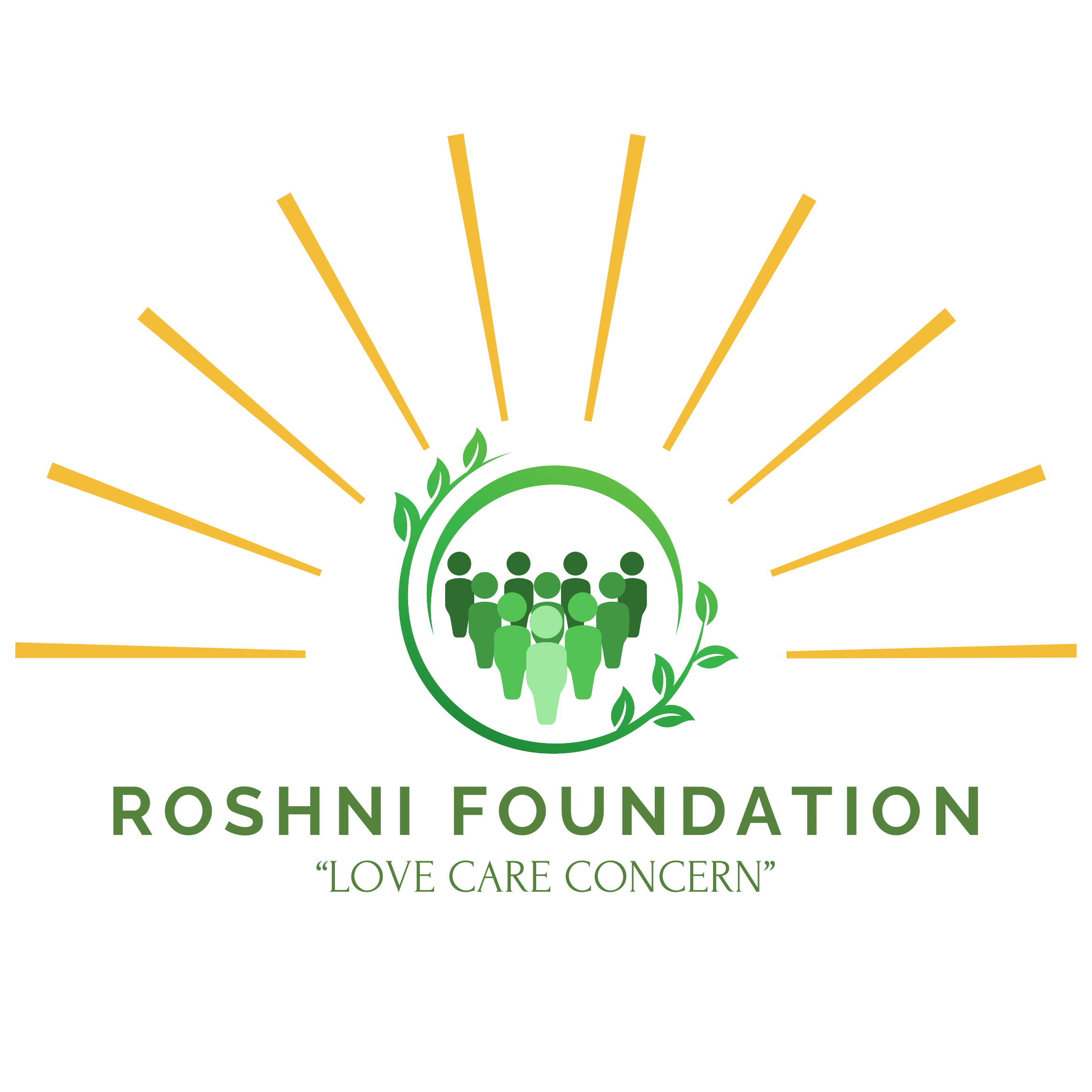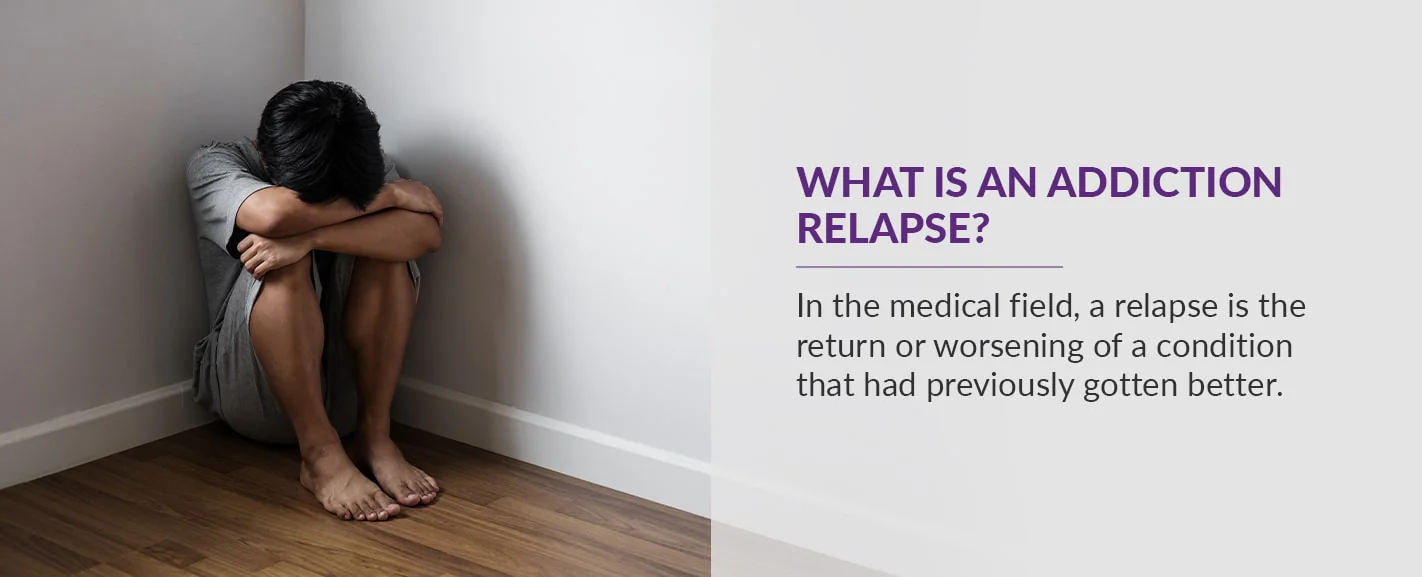Overcoming addiction is a monumental achievement, but the journey doesn’t end with detox or therapy. One of the most difficult challenges faced by individuals in recovery is relapse—a return to substance use after a period of abstinence. In India and around the world, relapse remains a serious obstacle to long-term recovery. That’s why understanding the causes and strategies for relapse prevention in addiction is crucial for lasting sobriety.
At Roshni Foundation, recognised as one of the best rehab centre options in India, we believe that knowledge, support, and planning can dramatically reduce the risk of relapse. In this article, we’ll explore why relapse happens, its common triggers, and how you or your loved ones can build a stronger, relapse-resistant recovery plan.
What Is a Relapse?
A relapse is not just a moment of weakness—it’s a gradual process that often starts long before someone takes a drink or drug. It typically occurs in three stages:
-
Emotional relapse – Bottling emotions, isolating from support systems, neglecting self-care.
-
Mental relapse – Craving, romanticising past use, lying, planning a relapse.
-
Physical relapse – The actual act of consuming the substance again.
Successful relapse prevention in addiction focuses on identifying early warning signs during the emotional and mental stages.
How Common Is Relapse?
According to global and Indian studies, relapse rates for substance use disorders range from 40% to 60%. This statistic is not a sign of failure—it’s an indicator that addiction is a chronic condition requiring ongoing care and vigilance.
Why Does Relapse Happen?
Several internal and external factors contribute to relapse. Understanding these helps build a solid foundation for relapse prevention in addiction:
1. Lack of Aftercare Planning
Many individuals believe recovery ends with detox or a 30-day program. Without a post-treatment plan, they are left unprepared to deal with real-world challenges.
2. Unaddressed Mental Health Issues
Conditions like depression, anxiety, PTSD, or bipolar disorder often go hand in hand with addiction. If left untreated, they increase the risk of relapse.
3. Environmental Triggers
Returning to the same people, places, or routines associated with substance use is a high-risk factor. Triggers can include:
-
Old friends who still use
-
Frequenting bars or parties
-
Work-related stress or conflict at home
4. Overconfidence or Denial
After a period of sobriety, individuals may become overconfident and stop attending therapy or support groups. This false sense of control can be dangerous.
5. Emotional Turmoil or Trauma
Unresolved grief, relationship problems, or job loss can lead to emotional pain that fuels relapse unless healthy coping skills are in place.

Proven Strategies for Relapse Prevention in Addiction
At Roshni Foundation, we incorporate a comprehensive model of relapse prevention in addiction. Here’s what works:
1. Develop a Personalised Relapse Prevention Plan
A detailed plan should include:
-
High-risk situations and how to avoid them
-
Emergency contacts
-
Coping mechanisms (breathing, grounding, distractions)
-
Daily routines and recovery goals
This plan must be revisited and updated regularly.
2. Continue Therapy and Counselling
Ongoing therapy helps you stay emotionally balanced and self-aware relapse prevention in addiction. It can be:
-
Individual therapy (CBT, DBT)
-
Group therapy
-
Family counseling
Regular sessions with a mental health professional are vital for relapse prevention in addiction.
3. Join a Support Group
Whether it’s Alcoholics Anonymous (AA), Narcotics Anonymous (NA), or a faith-based or local recovery group, community support can be life-saving.
Support groups help you:
-
Share your story
-
Stay accountable
-
Receive encouragement from those in similar journeys
4. Avoid Trigger Environments
Avoiding people, places, and situations linked to past use is key. This could mean changing your friend circle, switching jobs, or moving out of high-risk areas.
5. Adopt Healthy Habits
Relapse prevention isn’t just about avoiding substances—it’s about creating a life worth staying sober for.
Healthy habits include:
-
Regular exercise
-
Balanced diet
-
Mindfulness or meditation
-
Hobbies or creative outlets
-
Journaling
Roshni Foundation integrates these practices as part of a holistic lifestyle for recovery.
6. Recognise and Deal with Cravings
Cravings are normal, but they don’t have to lead to relapse. Techniques for managing cravings include:
-
The 5-minute rule (delay the urge for 5 minutes)
-
Deep breathing exercises
-
Distracting yourself with a positive task
-
Calling a sponsor or support person
Cravings often pass if you can get through the peak.
7. Stay Connected with Aftercare Programs
Many best rehab centre facilities, including Roshni Foundation, offer structured aftercare, which includes:
-
Regular check-ins
-
Relapse prevention workshops
-
Online counseling
-
Family reintegration plans
-
Alumni support events
These programs are critical for maintaining long-term sobriety and relapse prevention in addiction.

Conclusion
Relapse doesn’t mean failure—it means more learning is needed. With proper understanding, vigilance, and support, relapse can be prevented or managed effectively. The key lies in preparation, self-awareness, and choosing the right resources for continued care.
At Roshni Foundation, we recognise that relapse prevention in addiction is not just a part of treatment—it is the cornerstone of recovery. As one of India’s best rehab centre options, we offer personalised aftercare plans, emotional therapy, and holistic tools to help you or your loved one thrive beyond sobriety.

